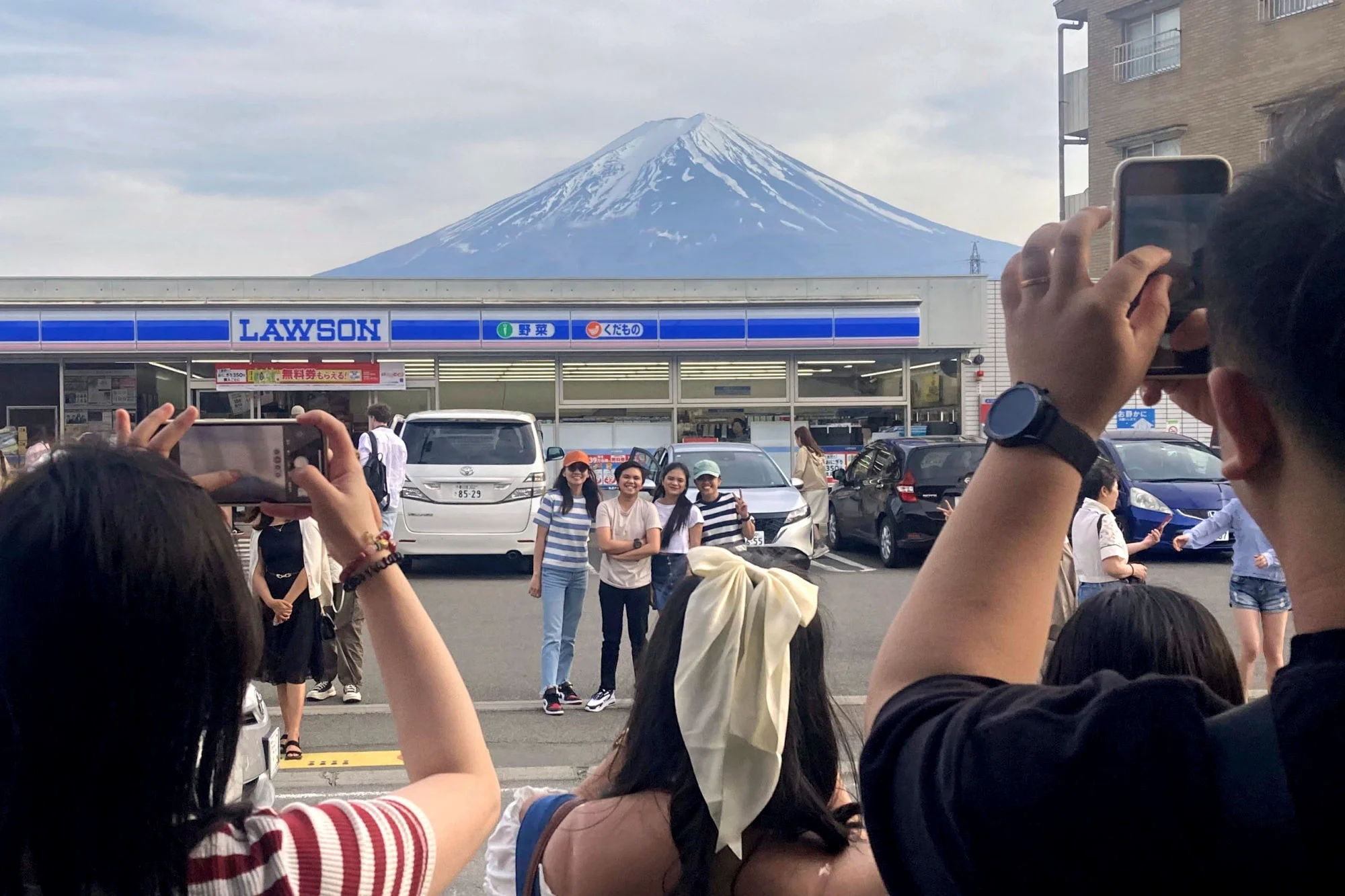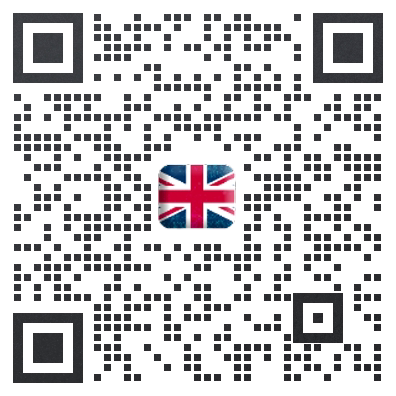
Rhea Saxena attends King George V School. Photo: Handout
Over the last few months, the US has threatened to ban the popular social media platform TikTok.
For many years, TikTok has been a source of concern in regard to data collection and privacy, and now we may see the end of the platform in the US altogether.
I firmly believe that TikTok should not be banned.
In the US alone, the app has more than 175 million users, many of whom rely on their viral content to make ends meet.
Through the app, creators are sponsored by brands to advertise products. The platform not only allows people to create content, but it is also used as a way to conduct business.
Creators and trendsetters have invested years of their time in producing videos for their fans. There are many examples of musicians and dancers who have benefited from being able to show their content online for free.
Aside from the moneymaking aspect of the platform, there is much to be said about the social aspect.
Gen Z uses the app to stay in touch with friends, see what people are doing and relate to one another. Banning the app would restrict social interaction, which is now heavily rooted in the virtual world.
In addition, many security concerns associated with TikTok are also present on other social media platforms, including X, Instagram and WhatsApp.
Ultimately, TikTok needs to be more transparent with the US government. It must ensure clear communication about what information is being collected and who is being affected by these security measures.
This transparency, coupled with effective regulation, could help address the government’s security concerns.

A Japanese town will build a giant screen to block views of Mount Fuji and deter tourists. Photo: AP
Fujikawaguchiko, a Japanese town renowned for its breathtaking views of the iconic Mount Fuji, is now in the process of erecting a large black screen on a section of pavement. This measure is being taken to obscure the view of the mountain, a decision prompted by the disruptive behaviour of some foreign tourists.
Michie Motomochi owns a cafe near the popular photo spot.
While the town is “built on tourism”, she said, she noticed foreigners littering, ignoring traffic lights and trespassing on private property. Still, 80 per cent of her customers are foreign visitors.
Foreign tourists have been crowding the small area since the pandemic eased, triggering a wave of concerns. Officials said complaints from residents about visitors include blocking the narrow pavement, taking photos on the busy road, or walking into neighbours’ properties.
Fujikawaguchiko has tried putting up signs in different languages urging visitors to follow the town’s rules. They even hired a security guard. Nothing has worked, so they decided to put up a net to block the photo spot.
Anthony Hok, a visitor from France, said the screen was an overreaction. “Too big [a] solution for [a] subject not as big, even if tourists are making trouble. Doesn’t look right to me,” he said. The 26-year-old suggested road barriers for safety instead of blocking views for pictures.
According to the Japan National Tourism Organisation, more than 25 million visitors visited Japan last year, and this year’s number is expected to surpass nearly 32 million. The government has also said that it wants more tourists.
While the boom in tourism has helped the economy, it has also triggered complaints from those who live in popular tourist areas such as Kyoto and Kamakura.
In Kyoto, a well-known cultural destination, a famous geisha district recently decided to close some private property alleys due to the amount of tourists.
文章来源:South China Morning Post
TKFFF公众号
扫码关注领【TK运营地图】

TKFFF合作,请扫码联系!







 闽公网安备35021102002035号
闽公网安备35021102002035号